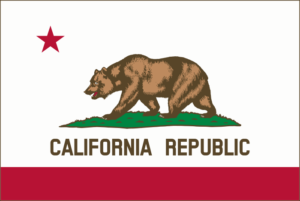
As we previously covered in February, there has been an increase in lawsuits, including class actions, filed against website operators in various states (including California, Florida, Indiana, Illinois, and Pennsylvania) for violations of state wiretapping laws or the Video Privacy Protection Act of 1988 (VPPA). Since then, there have been some updates to such pending litigation. For purposes of this post, the pending litigation can be broken out into three categories: (1) Chat window wiretapping claims; (2) Session replay technology claims; and (3) claims under the VPPA.Continue Reading UPDATE: Litigation Related to Website Technology & Data Sharing












 With less than three months until the California Privacy Rights Act goes into effect on January 1, 2023, the California Privacy Protection Agency (the “Agency”) released updated proposed regulations on October 17, 2022 (the “Regulations”). The Regulations govern compliance with the California Consumer Privacy Act of 2018, which will be amended by the California Privacy Rights Act (collectively, the “CCPA”). The Regulations modify the initial proposed regulations that were released on July 8, 2022. We discuss the key changes from both versions below.
With less than three months until the California Privacy Rights Act goes into effect on January 1, 2023, the California Privacy Protection Agency (the “Agency”) released updated proposed regulations on October 17, 2022 (the “Regulations”). The Regulations govern compliance with the California Consumer Privacy Act of 2018, which will be amended by the California Privacy Rights Act (collectively, the “CCPA”). The Regulations modify the initial proposed regulations that were released on July 8, 2022. We discuss the key changes from both versions below.